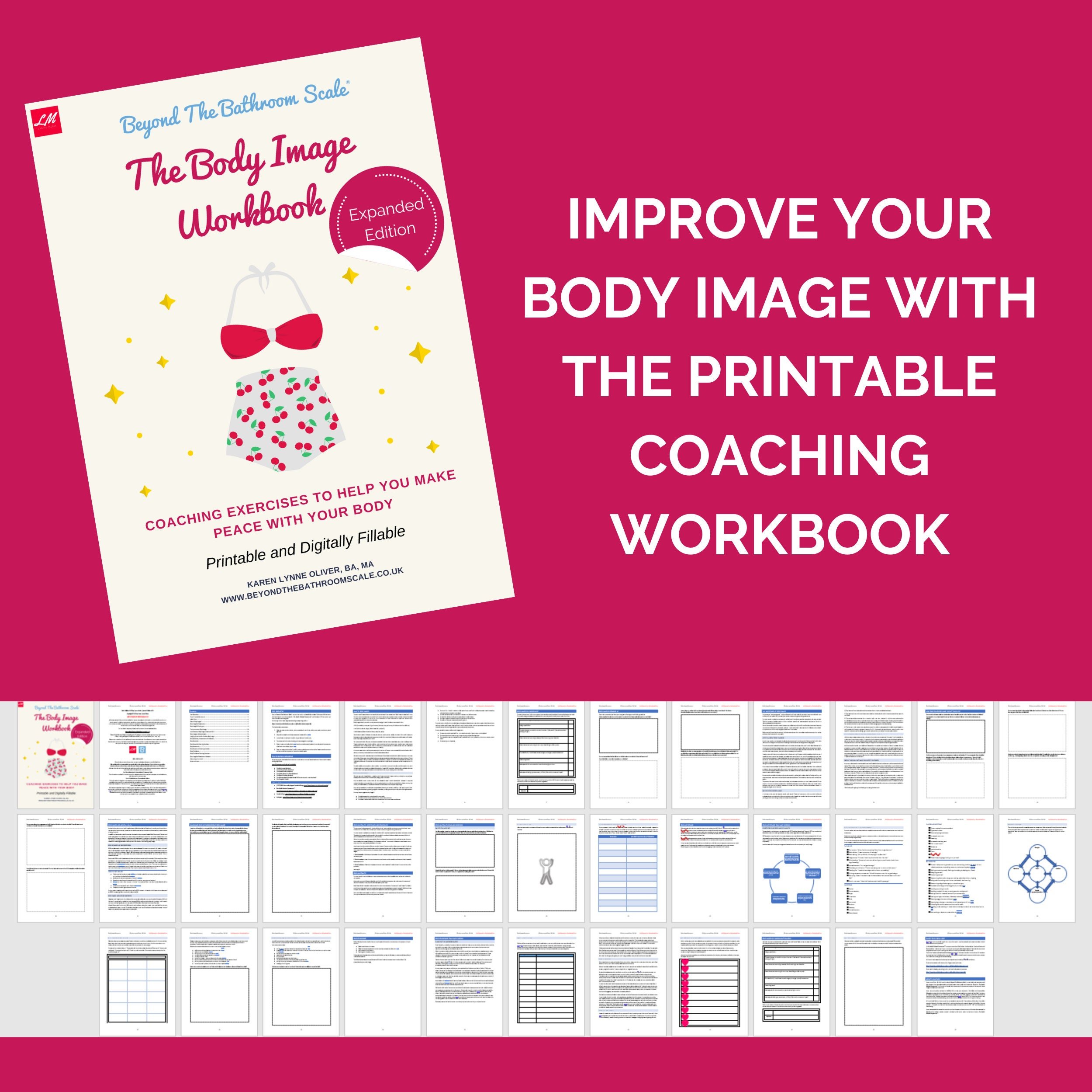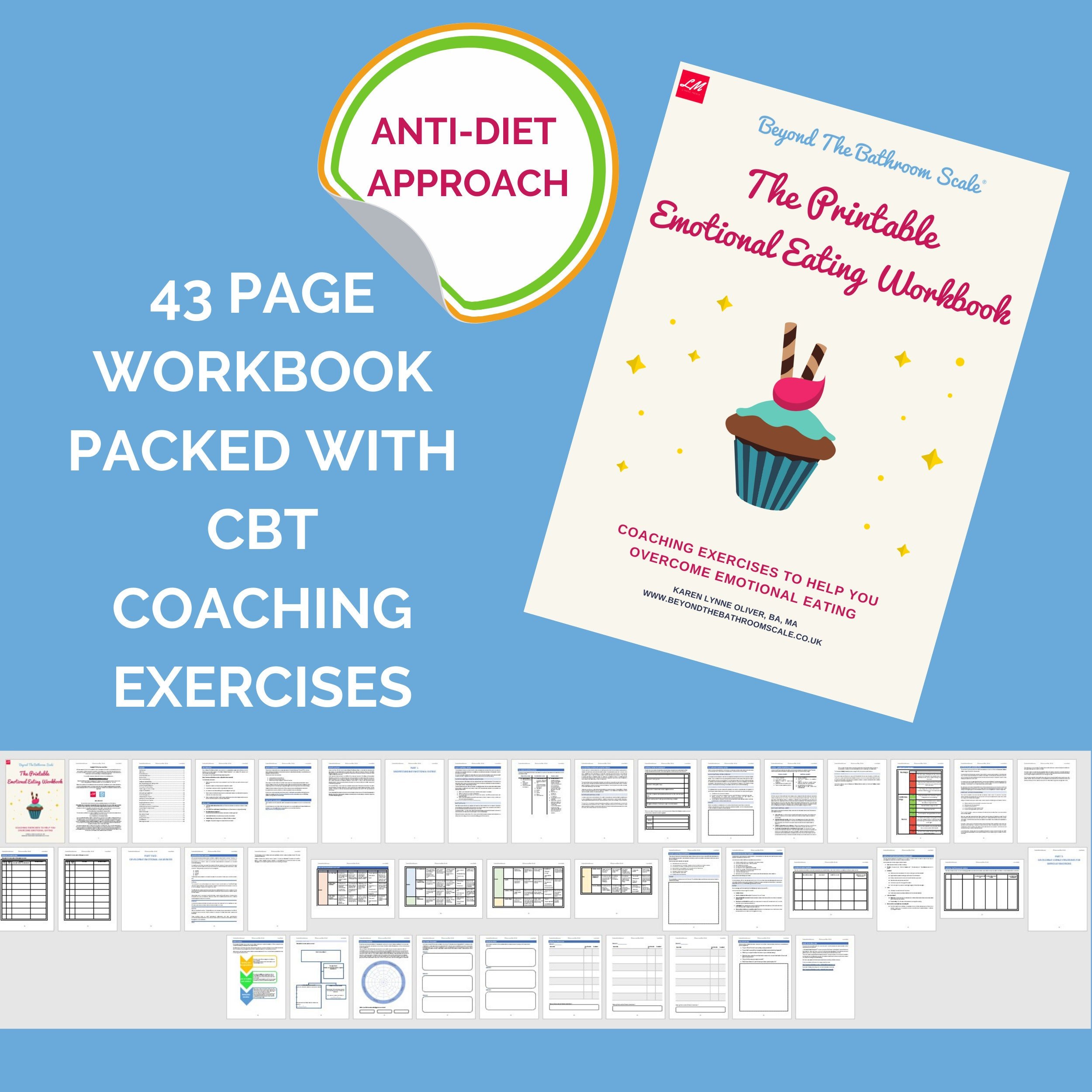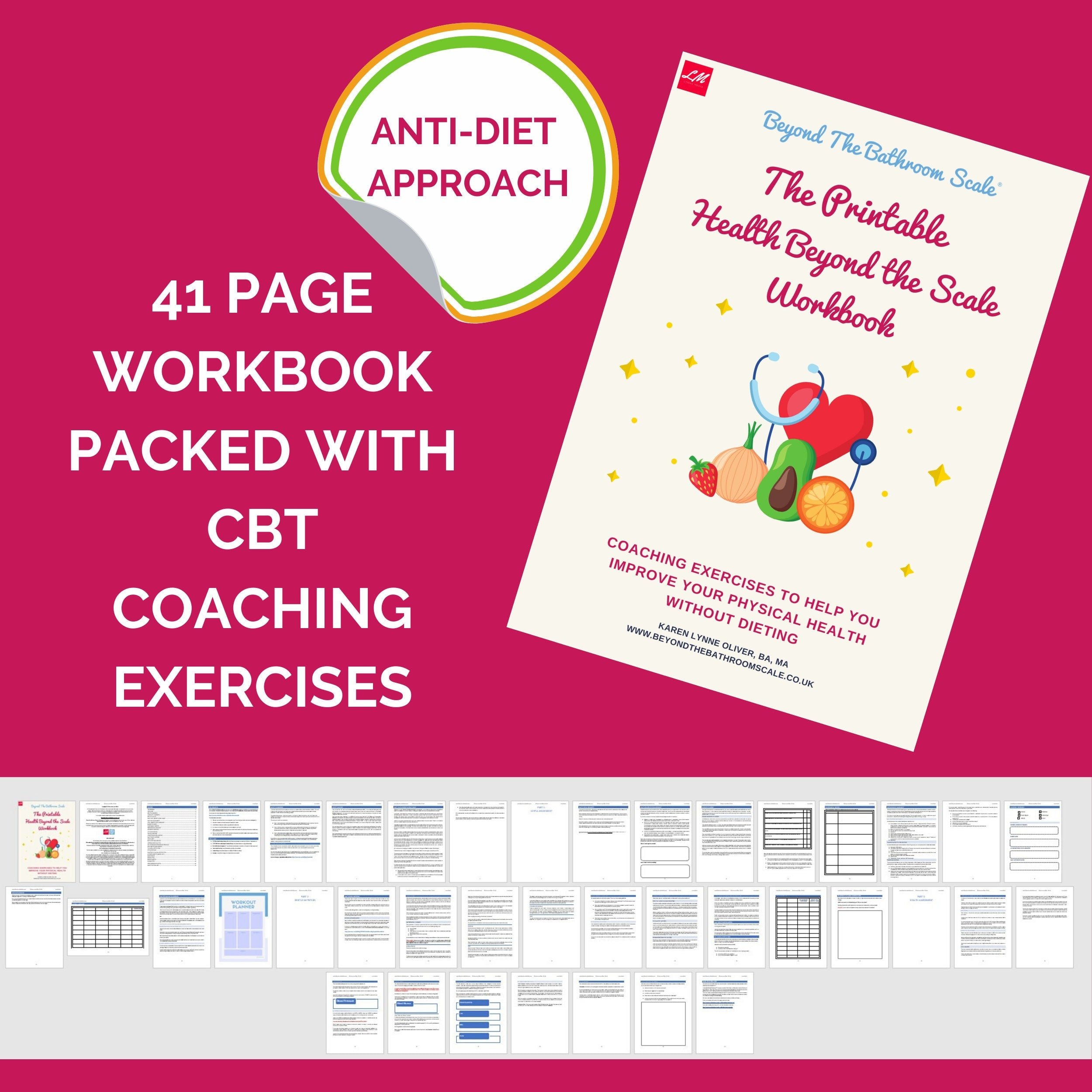What is A Binge Eating Disorder?
If you or someone you know is struggling with eating disorders, please reach out for support from the list of organisations Emergency Support
In this article, I’ll cover what is meant by ‘Binge Eating Disorder’, the definition of a ‘binge’, the difference between binge eating disorder and Bulimia, the diagnostic criterion and the health issues associated with BED.
What is binge eating disorder?
Binge Eating Disorder (BED) can be defined as recurrent episodes of eating large quantities of food, often very quickly and to the point of physical discomfort. Many individuals diagnosed with BED report feeling of a loss of control during the binge, a sense of disconnection from themselves and feelings of shame or guilt afterwards.
As the eating disorder charity Beat says, " Binge Eating Disorder is not about choosing to eat extra-large portions, nor are people who suffer from it just “overindulging” – far from being enjoyable, binges are very distressing".
This is key, as BED is a very serious mental health issue and is not to be confused with overeating or emotional/comfort eating, although there can be an emotional element acting as a trigger for Binge Eating Disorder.
How common is Binge Eating Disorder?
Binge Eating Disorder can affect absolutely anyone of any age, gender or social background and also, of any weight.
According to the NHS, the condition tends to start in teens or early 20s, however Beat says that it tends to be more common in adults than in younger people, often starting in middle age.
My guess for the difference in data here, is that adults with BED are more likely to self-diagnose and reach out to a charity such as Beat, rather than go to their doctor for advice and a formal diagnosis. Perhaps this is in fear of a doctor not taking them seriously, due to the widely held misconception that eating disorders affect only young, underweight females.
For reasons such as this, it's impossible to give accurate figures for how many people have BED. NEDA say that it is the most common eating disorder in the USA and WebMD estimates that it affects 5.6 million women in the US and 3.1 million US men.
What does ‘binge eating’ mean?
Jennifer L. Taitz, PsyD in 'End Emotional Eating' (2012), notes that there are two types of Binges: objective and subjective. Taitz's distinction between the two is useful for explaining what is considered to be a 'binge’.
An objective binge, is where a large amount of calories (i.e. thousands of calories) have been consumed in one sitting, very rapidly, while feeling very out of control. Objective binges are part of bulimia and binge eating disorder which we'll discuss in a moment.
A subjective binge, is where you think or feel like you've eaten too much. An example of this is that stuffed feeling you get after Christmas dinner, where you've eaten what's considered normal in the context, but you feel like you've over eaten. While you may feel uncomfortably full, stuffed or even guilty afterwards, this is still very different from the rapid, out-of control binging seen in eating disorders.
What is the difference between Binge Eating Disorder and Bulimia?
BED may develop from or into another eating disorder, such as bulimia. With Bulimia Nervosa, Binge eating occurs alongside extreme compensatory measures in an attempt to 'counter' the binge eating (commonly referred to as 'purging'). This may include taking laxatives, self-induced vomiting, excessive exercise or a combination of these. To find out more about Bulimia, please visit the NHS website’s guide to Bulimia.
With Binge Eating Disorder, these types of compensatory measures are absent, however it's often the case that individuals diagnosed with BED try to counter-act their binges by restricting food at other times. Food restriction may be in the form of crash dieting, detoxes, juice cleanses, fasting and deliberately skipping meals.
Health issues associated with Binge Eating Disorder
Weight gain is a common occurrence with binge eating disorder. Focusing on weight management however, should not be a part of treatment, as this can encourage the restriction of food, which in turns, exacerbates the urge to binge.
Other physical health issues relevant to binge eating disorder include those associated with obesity, such as type 2 diabetes, sleep apnea, high blood pressure, high cholesterol, heart disease and joint and muscle pain.
These issues should be managed under the care of a registered medical professional who works from a weight-neutral or 'Health at Every Size' perspective, who will put together an holistic plan, including self-care and gentle lifestyle tweaks, such as joyful movement and a gentle approach to nutrition.
As with all eating disorders, the emphasis of treatment, needs to be on working on the mental health aspects of binge eating disorder.
Stress, anxiety and depression are common mental health issues found in patients with binge eating disorder, as is a history of trauma and grief which can be the trigger for the associated conditions.
People who binge eat often struggle with poor self-image as well as feelings of shame and guilt about their behaviour and any possible weight gain. Often people with eating disorders will try to keep their eating habits a secret and therefore are at risk of not receiving help for their mental health.
Our mental health, left unchecked, can interfere with our relationships, sleep, work and overall quality of life, as well as harm our physical health (including increasing blood pressure and the risk of heart disease, for example).
A study published in November 2013 in the Journal of Abnormal Psychology found that suicide attempts were more common in women with all types of eating disorders, including binge eating disorder.
Do I have Binge Eating Disorder?
To answer that question, you may find it helpful to look at the Diagnostic Criterion for Binge Eating Disorder, listed below. This can be found, found in DSM-5 (or Diagnostic Statistical Manual of Mental Disorders).
Recurrent episodes of binge eating. An episode of binge eating is characterised by both of the following:
Eating, in a discrete period of time (e.g., within any 2-hour period), an amount of food that is definitely larger than most people would eat in a similar period of time under similar circumstances
The sense of lack of control over eating during the episode (e.g., a feeling that one cannot stop eating or control what or how much one is eating)
Binge-eating episodes are associated with three (or more) of the following:
Eating much more rapidly than normal
Eating until feeling uncomfortably full
Eating large amounts of food when not feeling physically hungry
Eating alone because of being embarrassed by how much one is eating
Feeling disgusted with oneself, depressed, or very guilty after overeating
Marked distress regarding binge eating is present,( e.g. intense feelings of guilt or shame)
.Frequency and Duration: binges occur for 3 months or more, on average
1 to 3 episodes per week [graded as mild]
4 to 7 episodes per week [graded as moderate]
8 to 13 episodes per week [graded as severe]
14 or more episodes per week [graded as extreme]
The binge eating is not associated with the regular use of inappropriate compensatory behaviour (e.g., purging, fasting, excessive exercise) and does not occur exclusively during the course of anorexia nervosa or bulimia nervosa.
This criterion is used by doctors to diagnose the condition, but you may find that you don't meet all the criteria for formal diagnosis and your symptoms might instead be categorised as 'EDNOS’ (eating disorder not otherwise specified).
Summary
To summarise, Binge Eating Disorder (BED) is a serious eating disorder which can affect anyone of any weight. If there are ‘extreme compensatory measures’ present along side binges, then the diagnosis would fall under the criterion for Bulimia. In the absences of these measures, the diagnosis of BED is based on behaviour (rapid consumption of a large amount of food in a short period of time, often carried out in private), frequency (1 or more episodes occurring weekly), duration (3 months or longer), and emotional experience (a sense of being out of control or ‘disconnected’ during the binge, the presence of guilt, shame after the binge).
BED requires professional treatment from a registered medical professional who specialises in the treatment of eating disorders from a weight-neutral perspective, and the recovery plan should focus on the associated mental health issues and potential triggers, such as a past history of trauma, abuse or grief.







